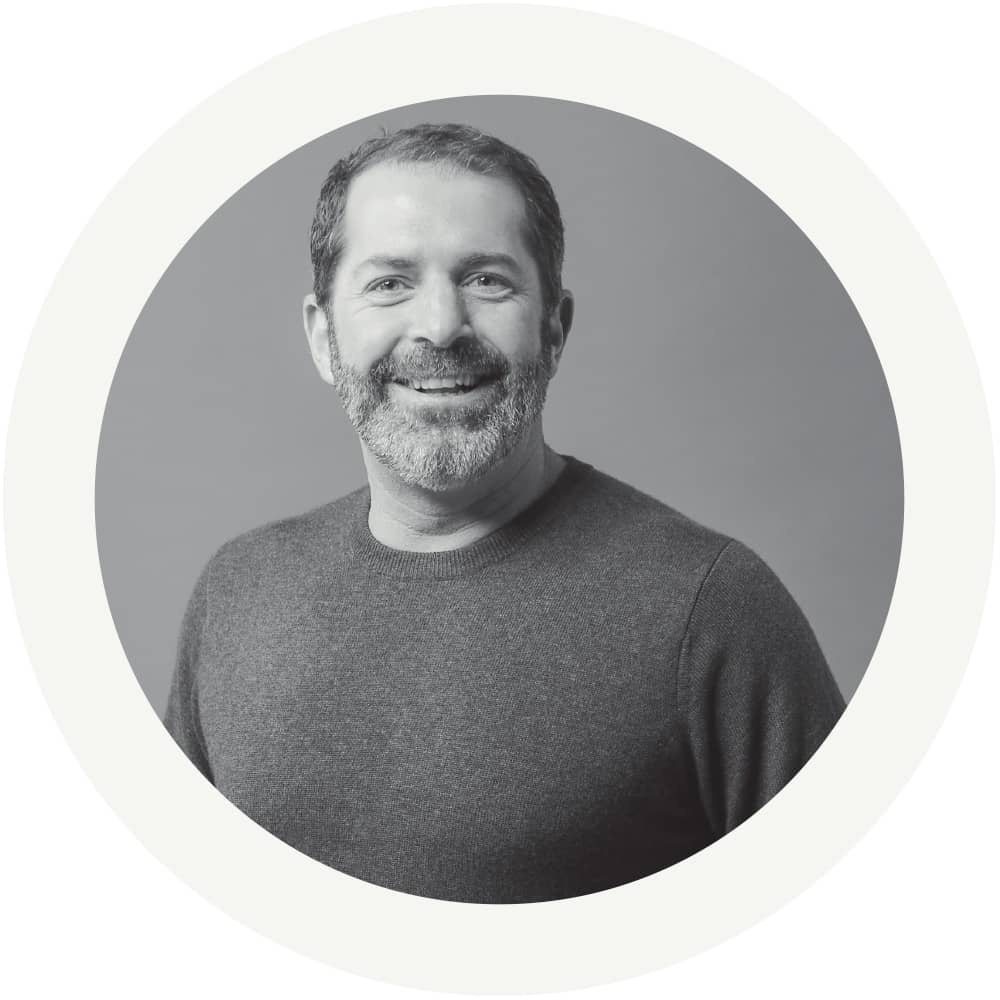A Q&A with Joey Zwillinger, co-founder of Allbirds
Joey Zwillinger is the co-CEO and co-founder of Allbirds, the footwear and accessories company that emphasizes the sustainability of its products and practices (they are also a certified B Corp). This year, Allbirds began offering a carbon footprint count for every item it sells.

Allbirds has sustainability in its DNA. How do you scale that value as the company grows and make sure it’s a part of every decision on every team?
From day one, we made the environment a key stakeholder in our business. We raised money from investors who appreciated our purpose-driven model and hired early executives with expertise in the field of natural materials. All our stakeholders — employees, investors, and customers — understood what we were doing.
We formed Allbirds as a public-benefit corporation, meaning we’re legally bound to our environmental commitment, and became a certified B Corporation before we launched our first product.
We firmly believe that you don’t have to trade product quality for sustainability, or vice versa. But that doesn’t mean we haven’t had to face hard decisions or make bigger upfront investments to make products we’re proud of.
One example is our shoelaces – we originally launched with virgin polyester laces, but continued to push our manufacturers to find a way to make them out of recycled plastic instead. They came back to us with a solution but said that it’d cost 3 times as much, assuming we’d never go for it. Much to their surprise, we unanimously agreed that it was the right thing to do and absorbed the cost in our margins.
That kind of a decision is unheard of in businesses built for the sole purpose of driving profits for shareholders.
How do you think about the balance between sustainability as a competitive advantage and the desire for the greatest possible impact?
We’ve never believed sustainability is our competitive differentiator; rather, we think businesses should be proud of where and how their products are made. Protecting the environment should simply be a non-negotiable.
When Amazon’s private-label brand came out with a shoe very closely resembling our Wool Runners, we were surprised they didn’t bother to take advantage of the materials that make our shoes so special.
We have open-sourced the carbon-negative, green EVA material that is at the heart of our SweetFoam soles. Rather than closely guarding it as our own innovation, we saw that it could have far more impact if it was used by a whole host of brands. And, with Amazon’s volume, we could also drive pragmatic business benefits for both companies: as more green EVA is produced, the less expensive it will become.
In the race to save our planet from climate change, we have to push ourselves to reconsider long-standing assumptions about the way we do business.
At Allbirds, you’ve been consistent with your commitment to sustainability. What compromises did you have to make along the way, and how should other founders think about weighing those choices?
Perhaps counterintuitively, it has become easier to scale sustainably, not harder. Innovators now come to us regularly with great ideas that we can incorporate into new and existing product lines, extending our capabilities to delight customers with renewable materials and low-carbon-intensity products.
We try to find that sweet spot between commercial viability and environmental responsibility in our design and product development process.
It can be difficult at times to determine where that line is; we still have to ensure we’re making fiscally sound choices but aren’t willing to sacrifice our environmental principles to make a bit more money. We’ve resolved that we’ll happily pay more to drop carbon emissions, and since we pay to offset 100% of our carbon footprint, we have imposed an economic incentive to use materials with a lower impact.
What we’ve found is that spending more on natural or recycled materials at the outset often means we save money down the road.
Making these decisions with a long-term mentality is key.
You’ve landed on carbon footprint as the “nutrition label” for your consumer products. Can you describe the internal process for how you landed on this metric?
The word “sustainability” means 10 different things to 10 different people, encompassing issues ranging from air quality, to microplastics, to biodiversity, to fair trade. And all of these are important! However, given that combating climate change is the most important thing we can do as a species right now, minimizing gases that warm the planet must be the singular goal, or else all these other issues will be moot. Our carbon emissions label — which includes all gas emissions with warming potential — creates an opportunity to provide a new level of clarity on this issue as a universal scorecard to fight global warming.
If customers could consider carbon emissions in what they’re buying, just like they consider price, they can make better choices.
Our vision is that one day, shoppers will be able to compare carbon numbers at the mall like they do nutritional labels in grocery aisles.
What do you want or expect to see in the next decade from companies, entrepreneurs, and investors pushing the world forward?
I hope that the idea of social enterprise and private enterprise become forever entangled. The idea that companies should exist solely for the purpose of enriching shareholders is a short-sighted view of the world that leads to excess and irreversible social issues.
Public-benefit corporations are the way of the future. Showing that business doesn’t need to sacrifice profit or positive social or environmental standards is something we endeavor to do every day. We believe it is possible much more broadly in the private sector.